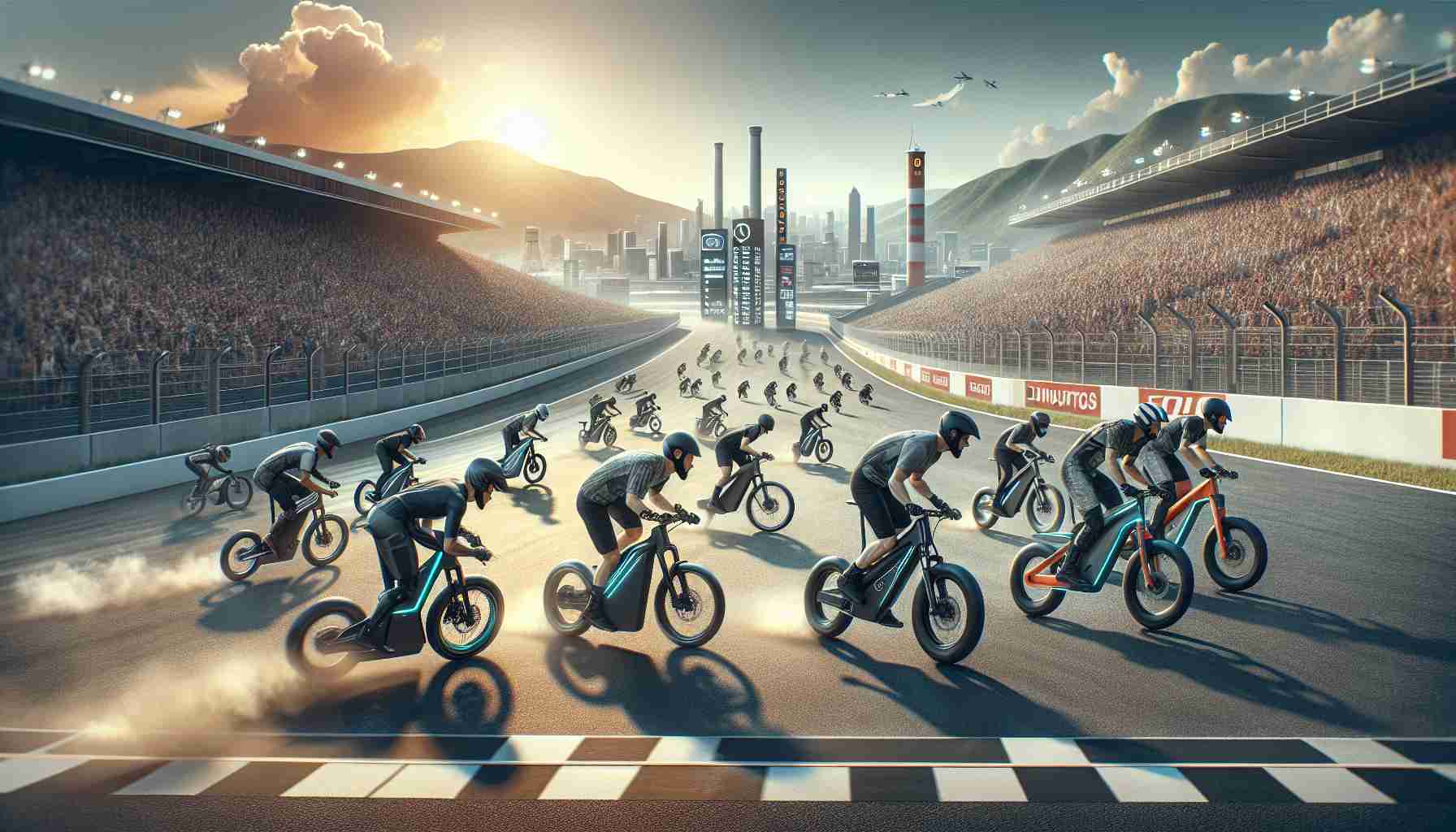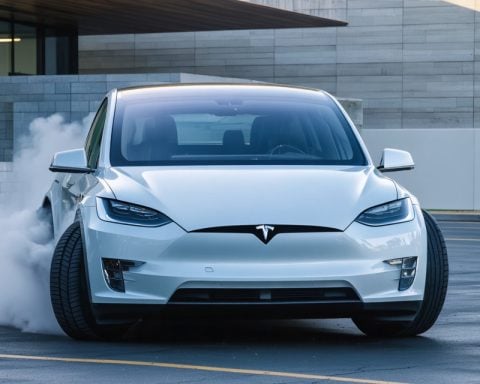Emerging Opportunities Amidst the European Bike Industry Crisis
The European bicycle industry finds itself at an unexpected crossroads, plagued by financial difficulties yet ripe with potential for technological advancement. With companies like Amslod, Simplon, and WATT facing financial insolvency, it’s evident that these setbacks could propel the sector into a new era of innovation.
Industry Challenges and Redefining Roles
Financial Difficulties Spark Innovation
The abrupt closure of Amslod highlights a sector heavily influenced by external pressures such as inflation and global economic tensions. Yet, these hurdles also open the door for companies to redefine their operational models and focus on tech-driven solutions that could revolutionize cycling.
Shifting Consumer Preferences
As consumer interest fluctuates following the pandemic, electric bikes—once a booming market—now face declining demand. This shift underscores the need for manufacturers to innovate, potentially pivoting towards next-generation electric transportation solutions that balance consumer flexibility with environmental consciousness.
The Path Forward
Technological Advancements
Despite current market downturns, companies in the cycling industry have the opportunity to embrace cutting-edge technologies. Integrating AI and IoT could transform electric bikes into fully connected devices, offering data-driven insights into riding patterns and predictive maintenance.
Sustainability as a Cornerstone
Environmental responsibility remains a top priority, with firms increasingly adopting sustainable practices from materials to production processes. This not only appeals to eco-conscious consumers but also aligns with growing government incentives promoting green transportation across Europe.
Conclusion
While the present climate presents undeniable challenges for the European bike industry, it also sets the stage for transformative growth. By harnessing technological advancements and sustainable practices, pioneering companies could reshape the future of cycling, ushering in a new era of smart and eco-friendly transportation solutions.
Unlocking the Future of Cycling: New Trends and Innovations in the European Bike Industry
The European bicycle industry, currently facing financial turbulence, is at a pivotal moment that holds the potential for groundbreaking technological innovation. As companies like Amslod, Simplon, and WATT navigate insolvency issues, the challenges are prompting a reassessment of business models and inspiring a shift toward tech-driven solutions.
Emerging Trends and Innovations
Technological Integration with AI and IoT
At the forefront of innovation, the integration of Artificial Intelligence (AI) and the Internet of Things (IoT) is poised to revolutionize electric bikes. By incorporating these technologies, bikes can become fully connected devices. This opens doors to real-time data analytics, offering insights into riding patterns, energy efficiency, and even predictive maintenance, creating a seamless and intelligent cycling experience.
Pros and Cons of Technological Advancements
While the integration of AI and IoT in bikes promises to enhance user experience and operational efficiency, it also brings challenges. The primary advantages include improved ride personalization and reduced maintenance costs. However, the downsides may involve higher initial costs and potential privacy concerns related to data collection. Manufacturers must balance innovation with affordability and user trust to maximize the potential of these technologies.
Market Analysis and Trends
Changing Consumer Dynamics
Post-pandemic shifts in consumer preferences highlight the necessity for manufacturers to pivot from standard electric bikes to versatile transportation solutions. Products that offer a combination of flexibility, sustainability, and advanced features are likely to capture market interest. Understanding these dynamics can help companies meet consumer demands effectively.
Sustainability and Government Incentives
The emphasis on sustainability is becoming more pronounced, with governments across Europe offering incentives to promote green transportation. This includes subsidies for e-bikes and investments in cycling infrastructure. Companies that prioritize eco-friendly production and materials are well-positioned to benefit from these trends and attract environmentally-conscious consumers.
Comparative Analysis
Traditional vs. Smart Electric Bikes
As the market evolves, comparing traditional electric bikes with emerging smart models reveals significant differences. Traditional e-bikes focus on straightforward functionality, while smart bikes offer enhanced connectivity and performance tracking. Consumers seeking a more integrated and technology-rich experience are likely to gravitate towards the latter, fostering competition and innovation in the sector.
Security Aspects
Ensuring Data Security in Smart Bikes
As electric bikes become smarter, securing IoT networks and user data becomes paramount. Companies must implement robust cybersecurity measures to protect customer data from potential breaches. This involves not only securing the hardware but also ensuring the integrity of software systems and communication protocols.
Predictions for the Industry
The Future of Cycling in Europe
Looking ahead, the European bicycle industry is expected to witness a surge in tech-driven and sustainable innovations. Advances in battery technology, lightweight materials, and connectivity are likely to redefine cycling, positioning it as a leader in eco-friendly transportation. Companies that leverage these innovations, focus on cybersecurity, and adapt to consumer shifts have the potential to thrive in the evolving landscape.
In conclusion, the European bike industry’s current challenges present unique opportunities for growth and transformation. By embracing technological advancements, emphasizing sustainability, and adapting to market trends, companies can lead the way in creating a future where cycling is not only a mode of transportation but an intelligent, eco-friendly lifestyle choice.


















